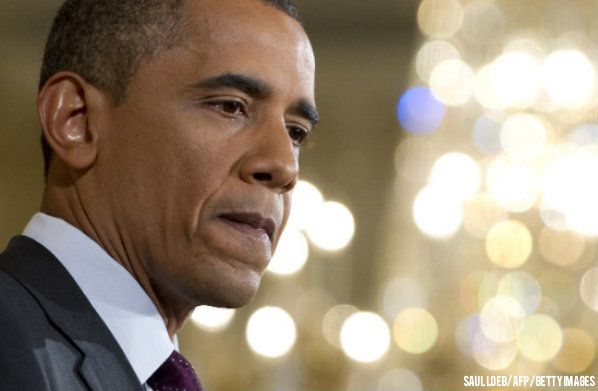President Obama hailed Margaret Thatcher as one of the “great champions of freedom and liberty” and then went lamely on to note that “she stands as an example to our daughters that there is no glass ceiling that can’t be shattered.”
How pathetic. Mona Charen responds that the “least interesting fact” about Lady Thatcher was that she was a woman. Feminists loathed Lady Thatcher, whose political philosophy ran opposite to their calls for ever bigger government. She was concerned, as Charen points out, not with some alleged glass ceiling but with saving her country.
Charen writes:
Unlike Hillary Clinton, who rode to power on her husband’s coattails, or world leaders like Benazir Bhutto and Indira Gandhi, whose powerful fathers blazed the trail, Thatcher was completely self-made. She never once complained, as Clinton has more than once, that she was unfairly treated because she was a woman. Many a male MP tangled with her to his cost. She never asked for a vote in the name of women’s empowerment. She had no use for such trivialities. She had a country to save.
The magnitude of Thatcher’s accomplishments as prime minister cannot be understood without reference to the depths into which Britain had fallen by 1979. Successive Labour (and spineless Tory) governments had delivered an economy close to collapse. During the “winter of discontent” in 1978–79, strikes by public employees had crippled public services. Pickets blocked the entrances to hospitals, and only those suffering emergencies were permitted entry. Railway workers and truck drivers disrupted transportation. Trash accumulated on the streets as sanitation workers walked off the job. Bodies accumulated in morgues as gravediggers joined the strikes, prompting officials to discuss burial at sea for the mounting piles of corpses.
Thatcher’s victory ushered in a period of difficult but necessary free-market reforms. As in the U.S. under Reagan, Britain endured a tough recession as Thatcher wrestled inflation down. But the economy then rebounded and grew dramatically. She privatized state-owned industries, cut taxes on investments, radically reduced the power of trade unions, and reduced government spending. “The trouble with socialism,” she said, “is that eventually you run out of other people’s money.”
Britain’s economy grew, confidence was restored, and the Labour party was forced to abandon its soft Marxism and become “New Labour” under Tony Blair.
Contra President Obama, perhaps the least interesting fact about Margaret Thatcher is that she was a woman. Far more important were her dedication to liberty (economic, as well as political), her fierce opposition to tyranny of all sorts, her indomitable spirit, and this above all — that she was proven right. As she said, “The facts of life are conservative.”
A word more on why the feminists despise Thatcher—a friend emailed me yesterday and said it was because she proved that small government really is best.
It's no wonder President Obama's statement on her death seemed to come from La La Land: She is the refutation of his policies.


